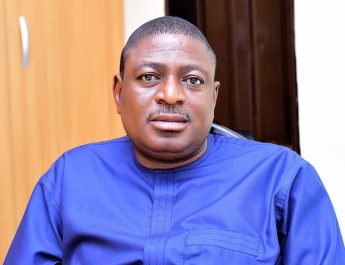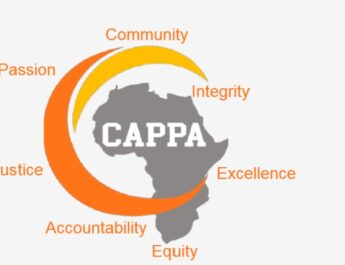Nigeria’s Ministry of Health insists that the country accounts for about 31 per cent of global deaths caused by malaria sickness
The Ministry of Health has revealed that Nigeria is responsible for a staggering 31 per cent of global malaria deaths and 27 percent of total cases worldwide, according to the Minister of State for Health and Social Welfare, Dr. Iziaq Adekunle Salako.
Salako hinted of the alarming statistics on Friday, April 25, 2025 during this year’s World Malaria Day commemoration in Abuja.
The MOS said that malaria remained one of Nigeria’s most pressing public health challenges, especially affecting children under the age of five years, as well as pregnant women.
Salako said, “This disease not only causes suffering and death, but it also disrupts the economic ecosystem by hindering productivity and increasing healthcare costs.”
The junior Minister attributed the country’s intensified fight against malaria to the high-level political support from President Bola Ahmed Tinubu, while noting that malaria elimination was top on the health agenda of the current administration.
Dr. Salako highlighted several Federal Government interventions, including the Rethinking Malaria Initiative, which adopts sub-national tailoring of interventions and the establishment of the Advisory on Malaria Elimination in Nigeria (AMEN).
He said these efforts are already driving the change. He said that the Federal Government in a strategic move, planned to distribute insecticide-treated mosquito nets across 12 states, including Akwa Ibom, Delta, Kaduna, Kano, Katsina, Kebbi, Nasarawa, Niger, Ondo, Oyo, Taraba, and Yobe. Additionally, over 30 million children under five years of age in the northern region would benefit from the Seasonal Malaria Chemoprevention (SMC).
Salako further announced the first-pilot of Larval Source Management in six states of Abia, Borno, Ekiti, Lagos, Ondo, and Rivers. The phased rollout of the malaria vaccine, which began in December 2024 in Kebbi and Bayelsa, will expand to 17 more states this year.
In response to the U.S. “Stop Work Order” affecting malaria activities by USAID/PMI, Dr. Salako assured Nigerians that the Federal Government has made budgetary provisions to bridge the funding gap and will procure life-saving commodities such as ACTs, RDT kits, injectable artesunate, and preventive drugs for pregnant women.
The Minister announced two major surveys which are the Rapid Impact Assessment and the Malaria Indicator Survey, to monitor the effectiveness of interventions and track disease prevalence nationwide.
While he acknowledging the roles of partners, such as World Health Organisation (WHO), United Nations International Children’s Emergency Fund (UNICEF), The Global Fund, and the Bill & Melinda Gates Foundation, Dr. Salako commended the Nigeria End Malaria Council chaired by business magnate Alhaji Aliko Dangote for mobilizing private sector support in the fight.
Salako pleaded with Nigerians to “take personal responsibility” by sleeping under mosquito nets, maintaining clean environments, and seeking early diagnosis and treatment.



